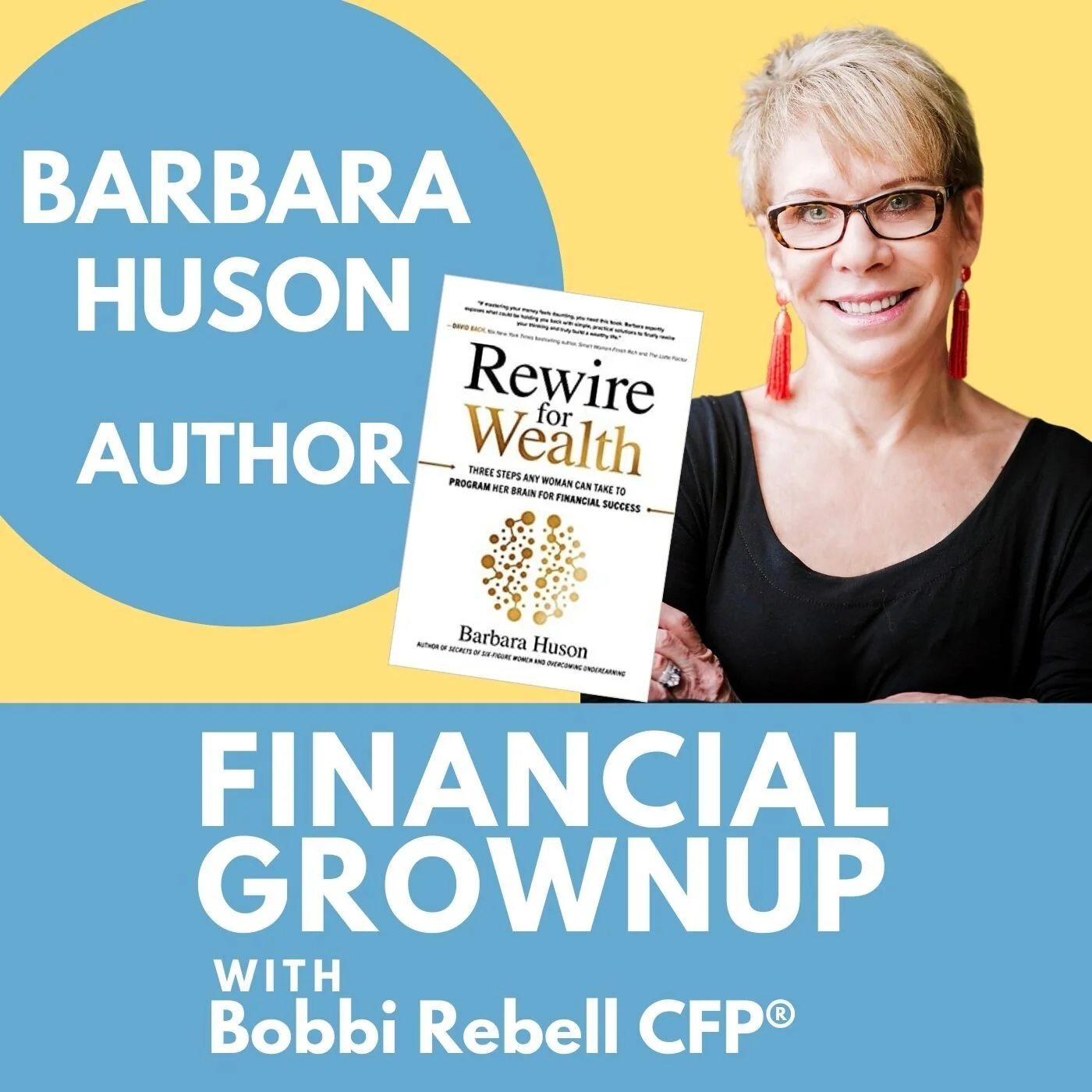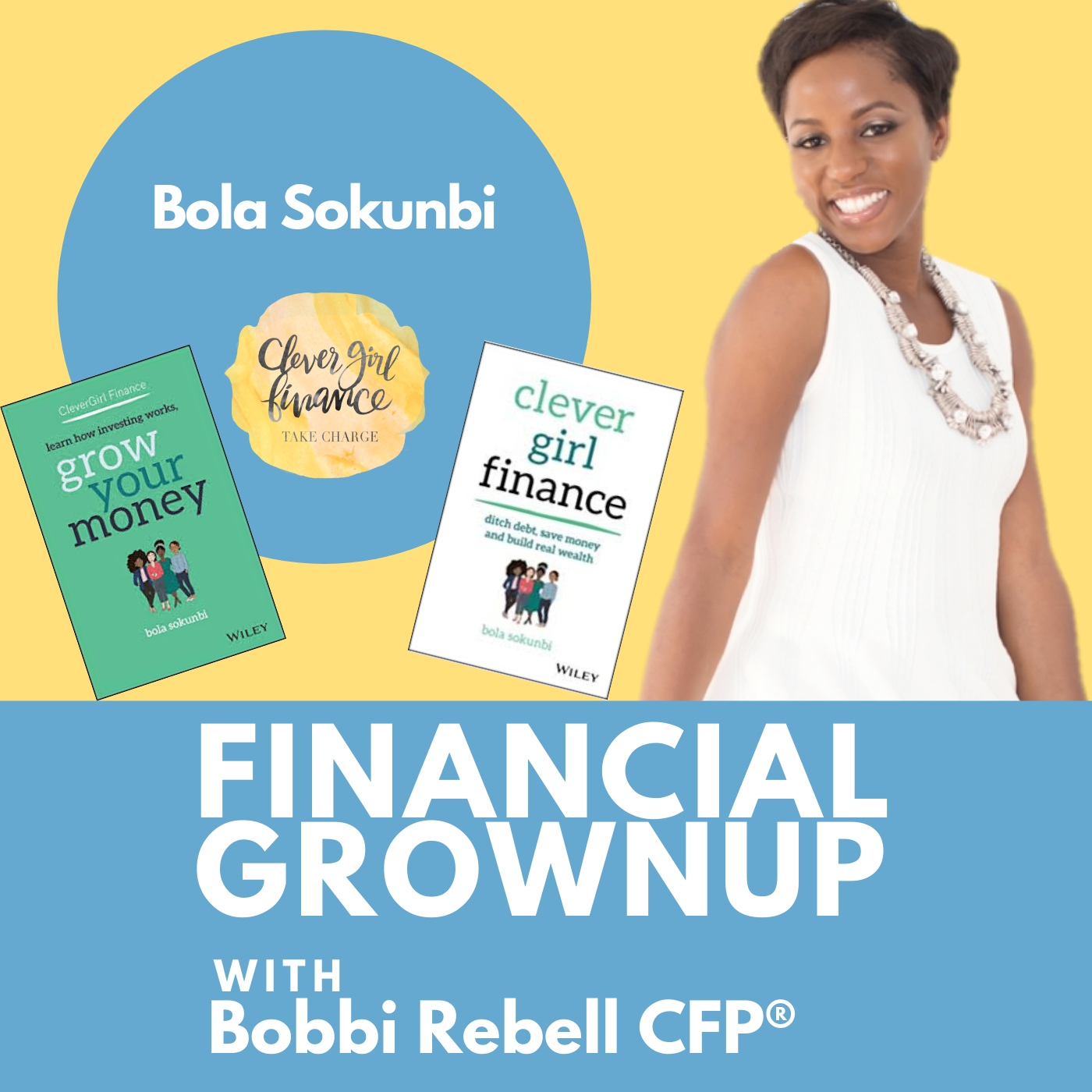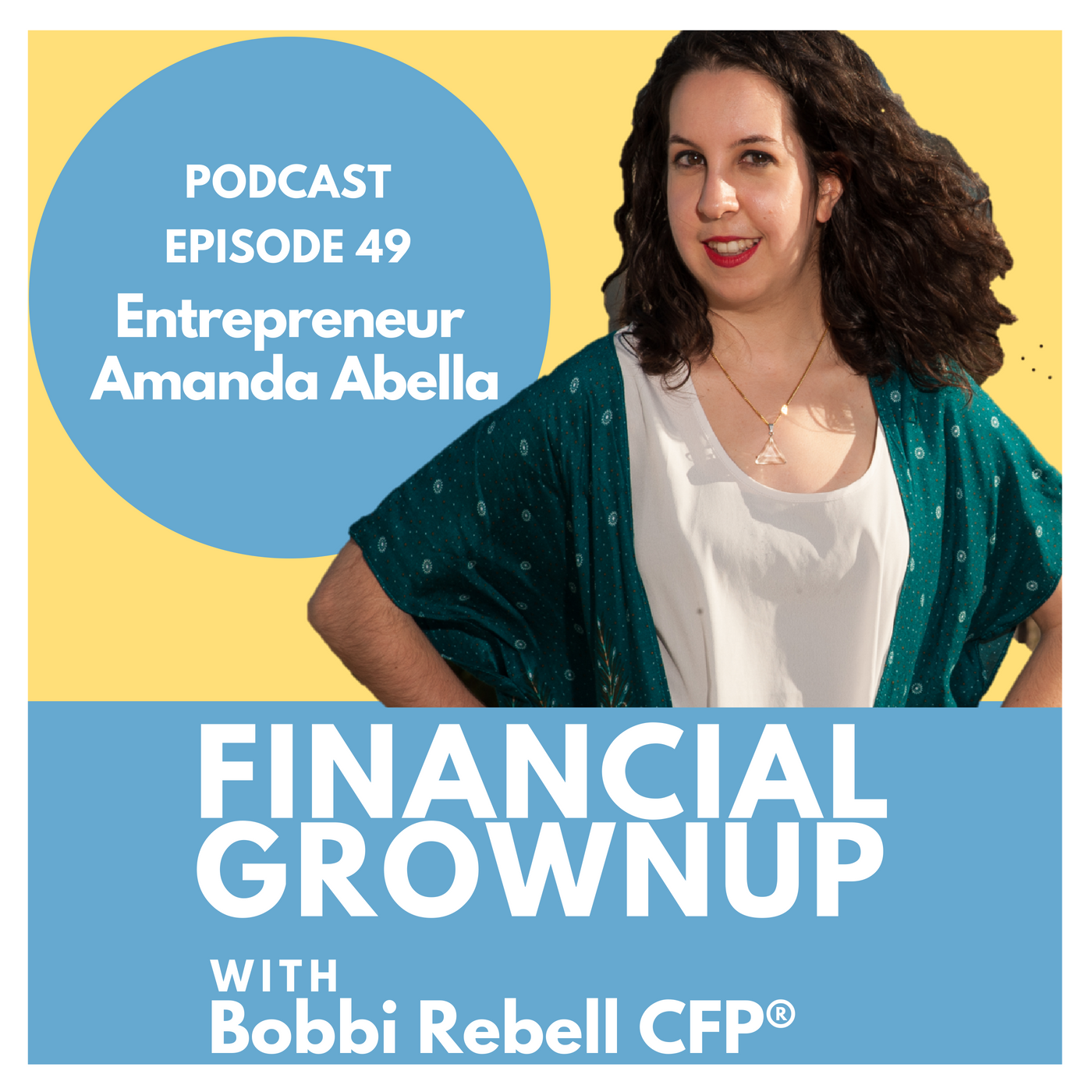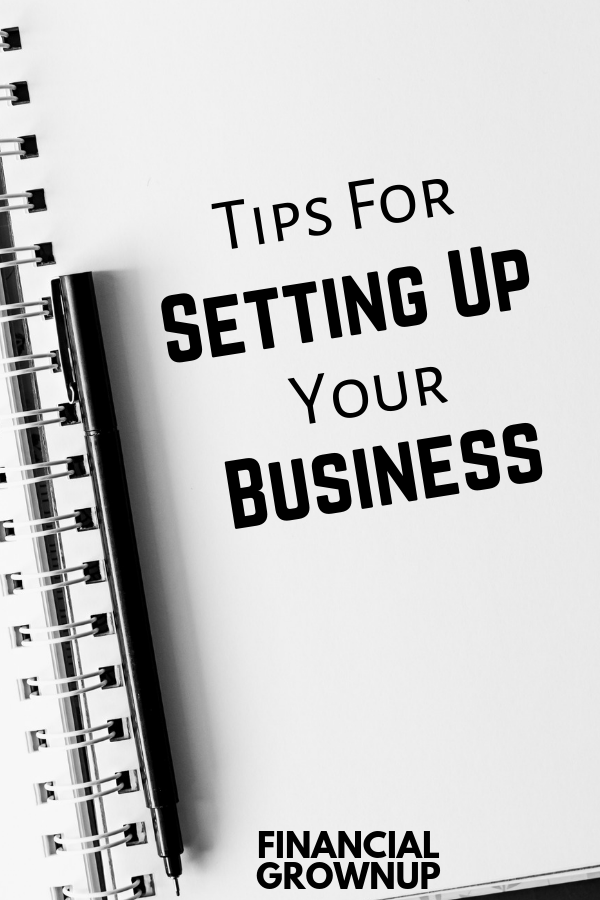Author Barbara Huson joins the Financial Grownup podcast to share her research and insights on a new way to approach learning about money and wealth, as well as preview her latest book Rewire for Wealth: Three Steps Any Woman Can Take to Program Her Brain for Financial Success
Get Barbara’s new book, Rewire for Wealth here.
Get all of Barbara’s books along with other books by Financial Grownups here.
Barbara’s Steps to Rewire Your Brain for Wealth
Step #1 -
Start observing those negative or unhealthy or maladaptive thoughts that go through your mind. Observe these thoughts with curiosity. Not judgment, not negativity. Separate yourself from the thought.
Step #2-
The second step is reframing your negative thoughts to see it differently. It could be as simple as looking at the opposite of that thought.
Step #3-
The third step is you respond differently. The key is to respond differently over and over and over again. Each time you respond differently, you weaken the neural pathway that says there's never enough to build a new neural pathway that says there's more than enough.
Episode Links:
Barbara’s website - https://www.barbara-huson.com
Follow Barbara!
Instagram - @thebarbarahuson
Twitter - @thebarbarahuson
LinkedIn - https://www.linkedin.com/in/barbarahuson/
Some of the links in this post are affiliate links. This means if you click on the link and purchase the item, I will receive an affiliate commission at no extra cost to you. All opinions remain my own.
FULL EPISODE TRANSCRIPT-
Bobbi Rebell:
Part of being a financial grownup is making sure you have a plan for how you spend your money and how you pay your bills. Now, we have a new tool for that. It is called Splitit. It will take a lot of the stress away from those big purchases and really allow you to plan ahead. Here's how it works. You shop online, and when you're ready to pay, you just choose Splitit at the checkout to split your payment on your credit card and pay over time. There's no interest, no application, no fees. It is fast and easy. So, if you buy something for $500, you can split it into five smaller payments of $100 a month without any interest or fees, much more manageable and you're in control of your costs. By turning your payments into smaller installments over time with no interest, Splitit gives you more spending power. I know I don't like to have to pay interest if I can avoid it, and I also don't want to always be opening new lines of credit. Split your payments and live big with the credit cards you already have. Go to splitit.com today. That's splitit.com.
Bobbi Rebell:
Three ways to rewire your brain for financial success with Rewire for Wealth author Barbara Huson. You're listening to Financial Grownup with me, certified financial planner, Bobbi Rebell, author of How to Be a Financial Grownup. You know what? Being a grownup is really hard, especially when it comes to money. But it's okay, we're going to get there together. I'm going to bring you one money story from a financial grownup, one lesson, and then my take on how you can make it your own. We got this.
Bobbi Rebell:
Hey, everyone. Hope you guys are well despite all the chaos going on in the world. It's pretty hard to just keep functioning in daily life, but that's what a lot of us have to kind of find a way to keep doing. I've been continuing to work on my book, tentatively called Launching Financial Grownups, and I'm really taking some time to focus, to refocus, I should say, more on this podcast, which I love doing this podcast for you guys. Some of you know I made a big decision coming into this new year to take a sabbatical from my other podcast, Money with Friends with Joe Saul-Sehy. There was literally no way I was going to get my book done anywhere near the spring deadline, so I needed a jolt and this is what I had to do.
Bobbi Rebell:
Coming into the new year, I think a lot of us can benefit from a jolt and just kind of waking up and seeing things maybe a little differently. We've been dealing with a lot of the same old, same old. A lot of us have gotten into ruts, not surprising given everything going on, but look, we've been quarantining and sometimes this can be a good time for a change in mindset, even though yeah, the new year is sort of an artificial way of marking it. But I think there's something about coming into a new year that can motivate us to change our mindset. So on that note, this week's guest is really perfect for all of that. You guys that want to join me in changing your mindset and getting remotivated, Barbara Huson is an author. She has written seven books. The best one is probably, the one that's really best-known, I should say, is Prince Charming is Not Coming. By the way, it was written not under her current married name, it was written under Barbara Stanny.
Bobbi Rebell:
She now is coming out with her number eight book, Rewire for Wealth: Three Steps Any Woman Can Take to Program Her Brain for Financial Success. When I first heard the title, I was a bit skeptical, but her team sent me an advanced copy, and not too far into it I was on board. That's why I'm so excited that she made the time to come on the podcast and talk about the themes in the book and how we can all integrate them into our lives. And by the way, even though the book is technically aimed at women, I really believe these strategies are truly for any gender. Before I roll the interview, I'm doing big things this year that I want to make sure to keep you guys informed about, because I'm hoping they can really help you reach a lot of your grownup goals this year.
Bobbi Rebell:
The first thing is I'm going to really be upping the ante with The Grownup List. It's been coming out... well, I've been trying to do it once a month. That hasn't really happened, so we're going to, first of all, try to have it actually come out once a month. We're going to have some big giveaways that I'm really excited about, starting with the one that's going to come out soon in January. So please get on the list. It is free. You just go to my website, BobbiRebell.com to sign up. Please also follow me on Instagram @BobbiRebell1. If you go there, just send me a DM just to say hi so I know that you're there and you've heard this on the podcast. And by the way, apologies in this interview for any audio glitches. Barbara was coming to us from an area with really weak signals, wifi, whatever you want to call it. So the audio is not ideal, but the interview is well worth it. Here is Barbara Huson.
Bobbi Rebell:
Barbara Huson, welcome to Financial Grownup. We're so glad to have you here and we're so excited to hear more about your new book, Rewire for Wealth: Three Steps Any Woman Can Take to Program Her Brain for Financial Success. Welcome.
Barbara Huson:
Thank you, and thank you for having me.
Bobbi Rebell:
Before we get into that, I want people to know a little bit about your background, because it is one of a kind. You come from a very unique perspective in your approach to wealth and basically how we should be thinking about it.
Barbara Huson:
I grew up in a wealthy family. My father was the R of H&R Block. The only advice he ever gave me about money was, "Don't worry," which I thought was great advice. I didn't understand money. I just wanted to spend it.
Bobbi Rebell:
I don't want to worry about money. I would love to just spend it. Sounds good to me, Barbara.
Barbara Huson:
Yeah. It sounded great to me until I found out very early in my marriage that my husband, who was a stockbroker, was a compulsive gambler. Over the course of our marriage, he lost a fortune of my inheritance. Here's the insane part, I continued to let him manage the money because that's how terrified and intimidated I was by anything to do with money. After our divorce, I decided I didn't want to deal with money, it's not my thing. Well, I have learned that if you don't deal with your money, your money will deal with you. Then the next year, I got tax bills for over a million dollars for back taxes my ex didn't pay for illegal deals he got us in. My signature was on everything. I hired lawyers, I got the tax bill down. I sold what was left in my trust. I was left with nothing. I had a few properties. I had a few properties…and so if I lived frugally, I'd be fine. I had three daughters. I was not going to raise them on the street. I was determined to get smart.
Bobbi Rebell:
Yeah. That's what we call a financial grownup moment, is having your husband gamble away your fortune and having to figure it out with young children. For sure. So you have a lot to teach us. I know that from that moment, you went on this mission. For years, you've really dedicated your life to educating women, to coaching women about wealth. You now have seven books out. Your eighth one is coming out and now you're here talking to us, which I'm so grateful for. You brought us three tips to rewire your brain for financial success. First, talk a little bit before we get to that about the whole concept of that, because this is a whole different way to think about money, starting with how our brains work.
Barbara Huson:
About six years ago, I stumbled on an article about neuroscience. If I could integrate neuroscience, the principles of neuroscience, of rewiring your brain into the work that I was doing with finances, helping women become financially empowered, that can expedite the learning curve and get them past the resistance in a very short time.
Bobbi Rebell:
Give us an overview of the three tips, and then we can talk about what each one is.
Barbara Huson:
So the three steps are simply recognize, reframe and respond differently. Recognize, reframe, and respond differently. I'll explain these steps in a minute, but you must do these over and over and over and over again, because the key to rewiring your brain, to changing the habits, is repetition. So the first step, recognize. What that means is you start observing those negative or unhealthy or maladaptive thoughts that go through your mind. Start observing them. "Oh, I'm having a thought about not having enough. Oh, I'm having a thought about I have to have those shoes. I have to have that designer handbag," or whatever. Or, "I'm not enough." But you start observing, and you observe these thoughts with curiosity. Not judgment, not negativity. "Oh, isn't that interesting? I'm having a thought," because by doing that, you separate yourself from the thought.
Barbara Huson:
The second step is taking that thought, "There's never enough," and reframing it, seeing it differently. It could be as simple as looking at the opposite of that thought, "Oh, there's enough. There's enough," or maybe it's, "oh, here's an opportunity to rewire that thought." The third step is you respond differently. You [inaudible 00:09:24] do. What you do want to do, which doesn't feel right, which doesn't come naturally. In that case, there's never enough and you could go into fear and not want to open your bills and not want to look at your checkbook. Therefore, the thing to do is open at least one bill or start looking at your checkbook. The key is to respond differently over and over and over again. Each time you respond differently, you weaken the neural pathway that says there's never enough to build a new neural pathway that says there's more than enough.
Bobbi Rebell:
What do you say to people that maybe have people around them that are counter-effective? I don't know if that's quite the right word. They're not supportive of this rewiring idea. That are filling people with the wrong kinds of thoughts. How do you do that? Especially, we're in quarantine, sometimes we don't have much choice with who we're with.
Barbara Huson:
It's really, really important that you, at least while you are rewiring, while you want to shift from being one way to being another way, it's really important to surround yourself with people who are supporting you and not trying to rain on your parade. And that may mean if your husband is being a naysayer, simply not listening, walking out of the room. But it's really important, it's a really good point you made, because you become who you're with. There is a tendency to become who you're with. It's very important to distance yourself emotionally, if not physically, from the people who are not there supporting you.
Bobbi Rebell:
That is such good advice. Tell us more about... The book is coming out in January. Tell us more about where people can find out more about the book and about you and be in touch with you.
Barbara Huson:
Well, you can go to my website, which is Barbara-Huson, H-U-S-O-N, .com. Barbara-Huson.com. The book is actually for presale now. I know it's on Amazon and Barnes & Noble, but yes, you can come to my website. There's just lots of stuff on there, and I have wonderful offerings on there. I invite anyone to come.
Bobbi Rebell:
Well, thank you so much for joining us. I love the book. In fact, I endorsed it, so that's truly something that I don't do very often, but this book really struck me as something very important that we should all be embracing in the way that we approach money. I think a lot of people can benefit from this different way of thinking about wealth and our money. So thank you so much for being here and thank you so much for this newest book.
Barbara Huson:
Thank you so much for having me.
Bobbi Rebell:
So, are you guys ready to rewire for wealth? Let me know how you like the book and what other authors you'd like for me to invite on the Financial Grownup podcast. We actually have a lot of big author interviews coming up this winter, and most of them are going to be donating books to be given away to those of you on The Grownup List. We're also giving away branded merchandise as a sneak peek to what we're going to be fully launching a little bit later on, probably early spring. And you can enter and win only if you are on The Grownup List. Super easy to join. Go to my website, BobbiRebell.com, and just sign up. See you guys there. Big thanks, of course, to Barbara Huson, for helping us rewire for wealth and be financial grownups. Financial Grownup with Bobbi Rebell is edited and produced by Steve Stewart and is a BRK Media production.
Some of the links in this post are affiliate links. This means if you click on the link and purchase the item, I will receive an affiliate commission at no extra cost to you. All opinions remain my own.









































